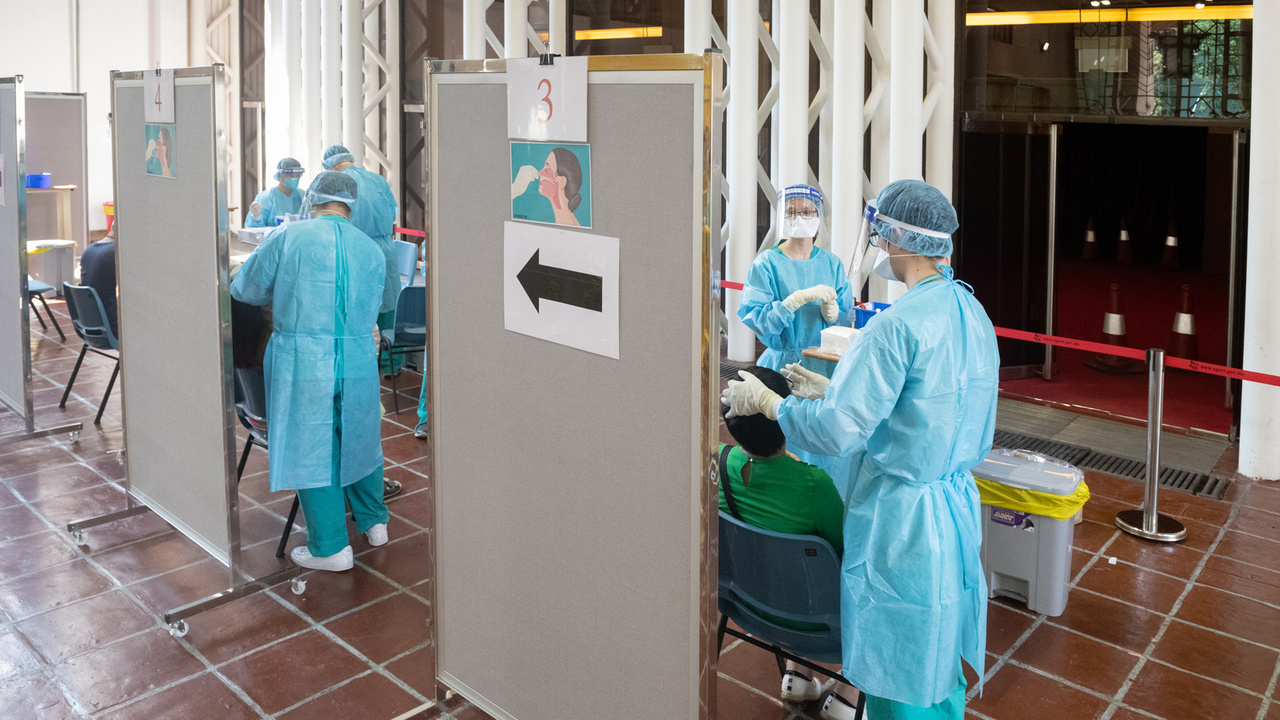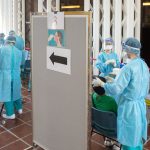
The Novel Coronavirus Response and Coordination Centre indicates that, taking into account that domestic helpers not staying with their employers usually live with people of different work types in a crowded living environment, in which an infected housemate can easily spread the virus to other people in the boarding house. Hence, once these domestic helpers are infected, they can also transmit the virus to their employers and their family members who are usually elders and children with lower immunity, the consequences will be serious.
To this effect, starting from tomorrow (16 July, Round 10 of Citywide NAT drive), domestic helpers who live in boarding houses are considered as a key group, aside from taking a rapid antigen test daily, they shall also undergo one nucleic acid test every day. The employers will be responsible to verify that their domestic helpers are tested according to the new requirement.
Domestic helpers who have started staying with their employers since 11 July are not enlisted in the key group. Meanwhile, a link has been put on the Macao Health Code system for enquiry on nucleic acid testing information and result; hence, the employers may use the link to verify the nucleic acid test information of their domestic helpers
The Centre urges employers to exercise discretion and allow their helpers to go for testing during working hours. Participation in this testing programme should not be taken as a prerequisite for attending work; therefore, it is unnecessary for the domestic helpers concerned to rush to take the nucleic acid test before work. The results of such tests will be counted in the Citywide NAT Programme; the concerned helpers do not need to take another test separately.


